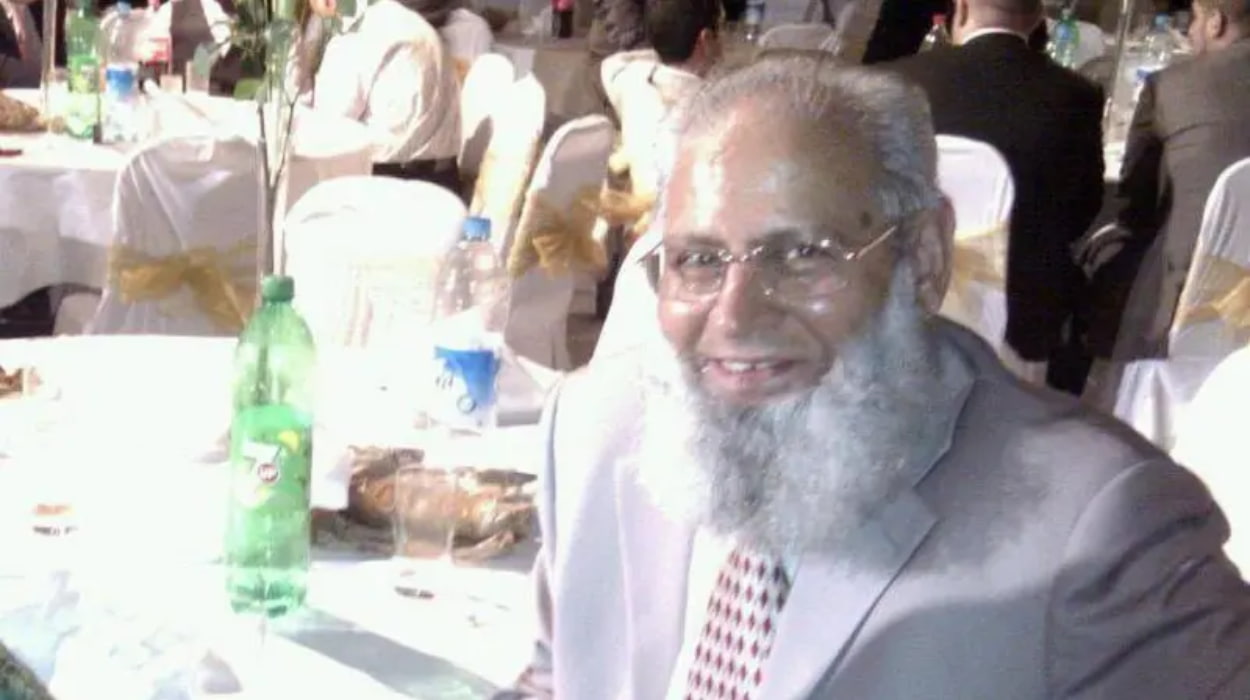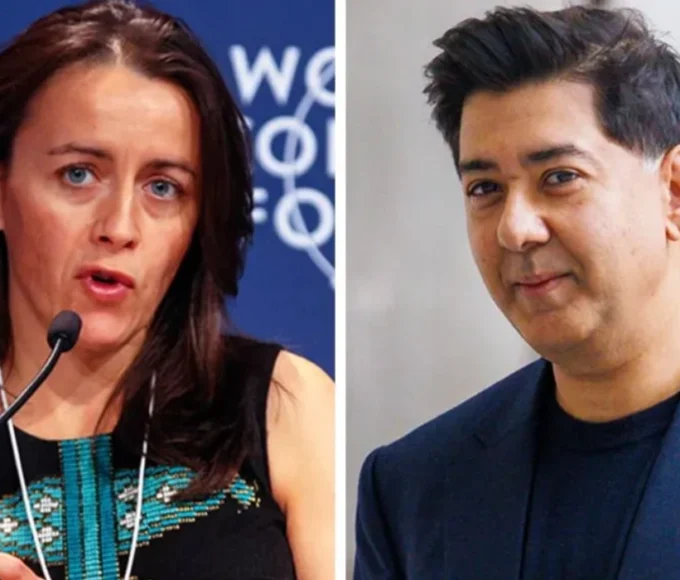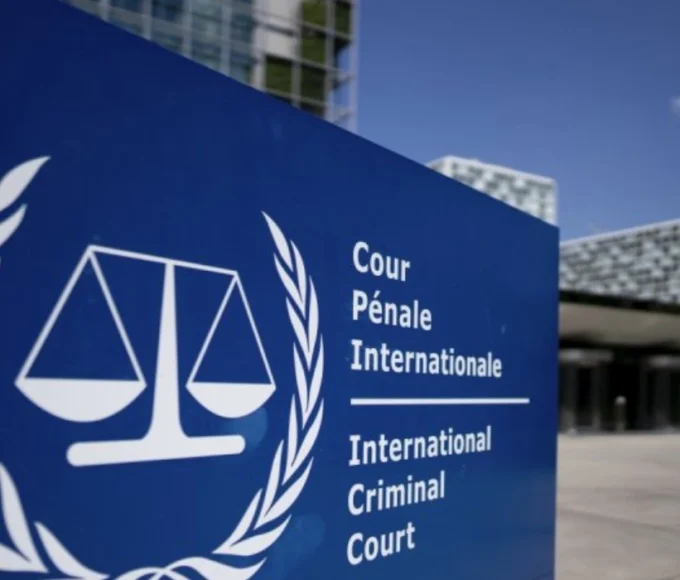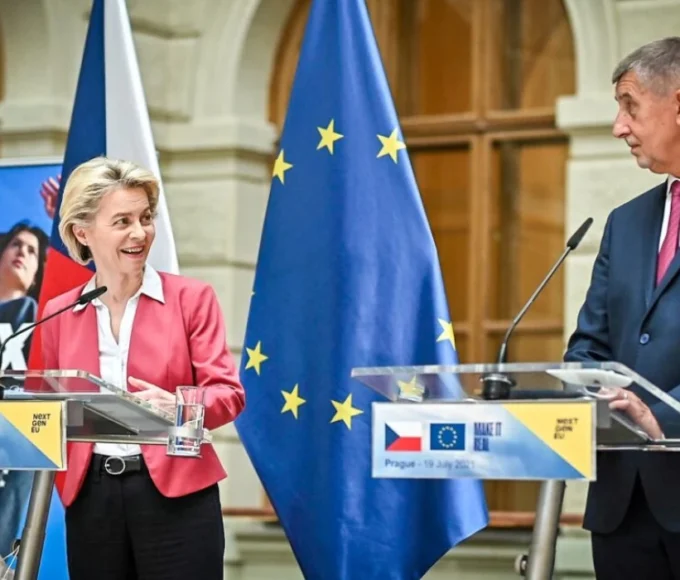Meta Description:
Mohammed Saleem’s daughter forgives his racist killer Pavlo Lapshyn, who died in prison. The case remains a stark reminder of racism’s deadly impact in the UK.
Mohammed Saleem’s tragic murder in 2013 profoundly shocked the UK, marking one of the most harrowing racially motivated crimes in recent British history. Saleem’s daughter has now publicly forgiven his convicted racist killer, Pavlo Lapshyn, who died in prison in September 2025. The family’s act of forgiveness amid grief offers a powerful counter-narrative to hatred while reigniting discussion on combating racism and extremism in Britain.
The Murder of Mohammed Saleem: Horror in Birmingham
On the evening of 29 April 2013, 82-year-old Mohammed Saleem was walking home from prayers at the Green Lane Mosque in Small Heath, Birmingham. Saleem, a respected grandfather and community member who emigrated from Pakistan in 1957, was stabbed three times in the back by Pavlo Lapshyn, a 37-year-old Ukrainian postgraduate student who had arrived in the UK just days earlier.
The Racist Motive and Broader Terror Plot
The murder was linked to a wider campaign of hate by Lapshyn, who admitted to planning bomb attacks targeting mosques across the West Midlands, including Walsall, Tipton, and Wolverhampton.
- His devices were timed to coincide with Islamic prayers, intended to cause maximum harm to Muslim worshippers.
- Lapshyn openly expressed white supremacist views and wanted to inflict terror while minimizing any risk to white people.
- His actions sparked widespread outrage, judicial condemnation, and intensified awareness of racial and religious hatred in the UK.
Judicial Outcome and Lapshyn’s Death
In October 2013, Lapshyn pleaded guilty to Saleem’s murder and to charges related to attempted bombings. He was sentenced to life imprisonment with a minimum term of 40 years.
- The sentencing judge pronounced that Lapshyn’s extremist ideology “had no place whatsoever” in Britain’s multi-faith, multi-cultural society.
- On 23 September 2025, Lapshyn died while in custody at HMP Wakefield. The Prison Service confirmed his death and noted routine investigations would follow.
Family’s Enduring Grief and Forgiveness
Saleem’s family has consistently expressed heartbreak over the loss, describing the enduring “shock and sadness”.
- In a remarkable gesture, Saleem’s daughter publicly forgave Pavlo Lapshyn, emphasizing healing and the rejection of hatred despite the tragedy.
- The family’s forgiveness has been met with respect, viewed as a powerful example of compassion overcoming loss and bigotry.
Community and Official Reactions
The murder galvanized community solidarity, reflected in the thousands who attended Saleem’s funeral and in ongoing anti-racist activism by his descendants, such as daughter Maz Saleem’s nationwide campaigning against Islamophobia.
- Community leaders highlight the case as emblematic of broader racial violence, urging vigilance and action to prevent extremist violence.
- The tragedy also provoked law enforcement focus on far-right terrorism and bolstered initiatives to protect minority communities.
The Legacy of Hate and Hope
- Mohammed Saleem’s murder remains a chilling reminder of the lethal consequences of racist violence.
- His family’s forgiveness and activism promote a message of resilience, unity, and the imperative to challenge prejudice and extremism.
- The case galvanized efforts across the UK to address the causes and manifestations of Islamophobia and racial hatred through education, community engagement, and policy reform.
The death of Pavlo Lapshyn in prison closes a dark chapter but the legacy of Mohammed Saleem’s murder continues to inspire reflection and action. The daughter’s forgiveness shines as a beacon of humanity amid tragedy, encouraging society to confront hate with compassion and resolve.
As Britain grapples with rising concerns over racial and religious hatred, Saleem’s story endures as a potent call for justice, understanding, and community strength.









